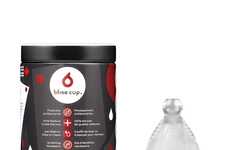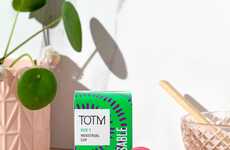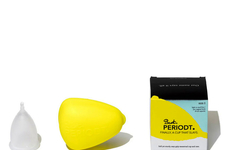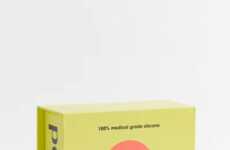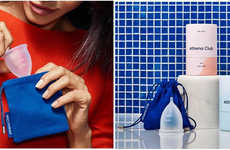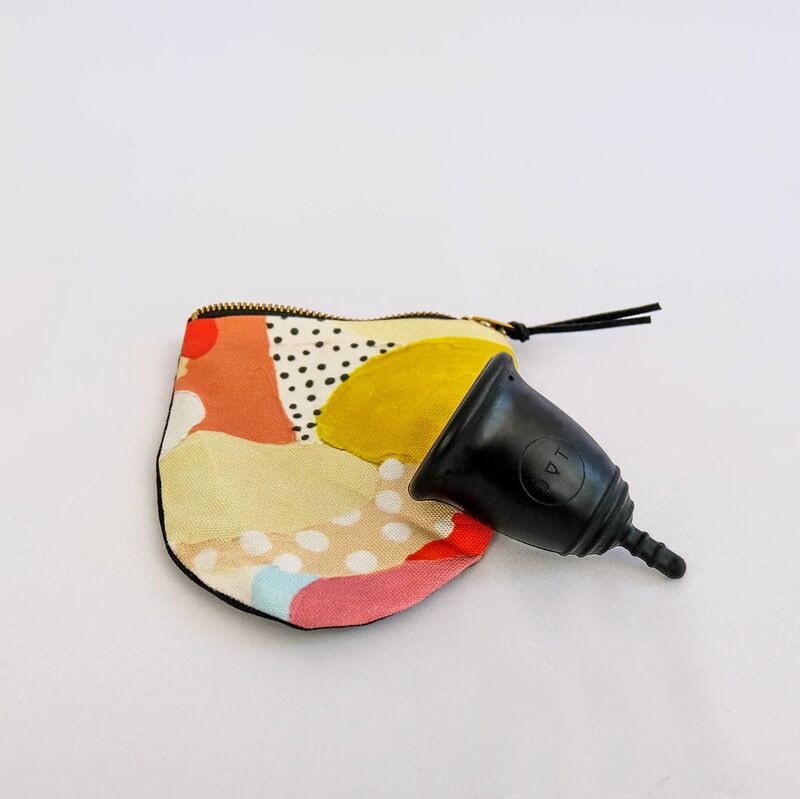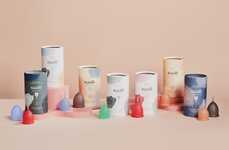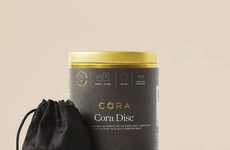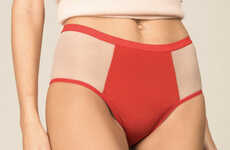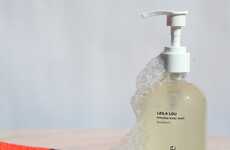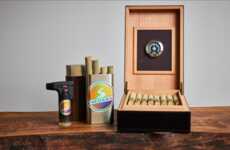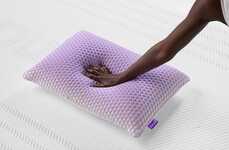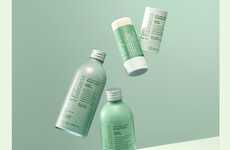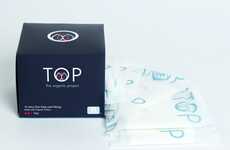
Good Intent's Medical-grade Cup Gots You Covered for 12 Hours
References: shopwithgoodintent
Many consumers have turned to sustainable menstrual cups as a way to reduce the use of disposable tampons, pads, and panty liners—which are, by definition, wasteful—as well as to save some money while they are at it. Dot Cup is a sustainable menstrual cup option offered through eco-conscious marketplace Good Intent. The design of this product is patent-pending and FDA-approved, so individuals can rest assured it is also safe to use. The company uses medical-grade silicone and guarantees that its offering is free of latex, plastic, PVC, acrylic, acrylate, BPA, phthalate, elastomer, and polyethylene.
According to the company's estimation, the Dot Cup sustainable menstrual cup can be worn for up to 12 hours (a limit of 28mL of fluid) and used for up to 10 years! With each purchase, the company also includes a limited-edition, hand-sewn, canvas storage pouch designed by @ashleymaryart.
Image Credit: Good Intent
According to the company's estimation, the Dot Cup sustainable menstrual cup can be worn for up to 12 hours (a limit of 28mL of fluid) and used for up to 10 years! With each purchase, the company also includes a limited-edition, hand-sewn, canvas storage pouch designed by @ashleymaryart.
Image Credit: Good Intent
Trend Themes
1. Sustainable Menstrual Cup - The growing trend of eco-friendly menstrual products presents opportunities for companies to create innovative, reusable solutions.
2. Medical-grade Silicone - The use of medical-grade silicone in menstrual cups presents opportunities for companies in the material science industry to create innovative, sustainable designs.
3. Reusable Feminine Hygiene Products - The trend towards reusable feminine hygiene products presents opportunities for companies to create eco-friendly alternatives to traditional disposable products.
Industry Implications
1. Medical Supplies - Innovative menstrual cup designs and the use of medical-grade silicone create opportunities for companies in the medical supplies industry to develop sustainable products for women's health.
2. Textile and Fashion - The production of reusable menstrual cups requires unique textile and fashion design, presenting opportunities for companies in the fashion industry to create eco-friendly alternatives to traditional feminine hygiene products.
3. E-commerce - The trend towards sustainable menstrual products presents opportunities for e-commerce companies to establish themselves as sources for eco-friendly solutions, capturing a growing market of conscious consumers.
5.1
Score
Popularity
Activity
Freshness

